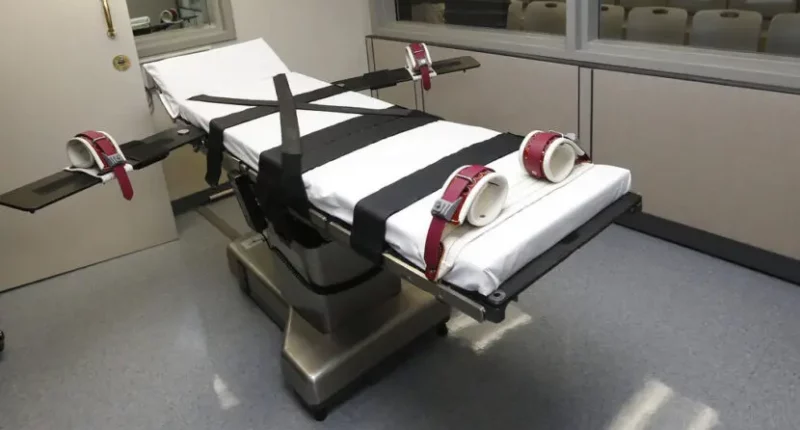You must have heard reports about the nitrogen execution being carried out in Alabama for the first time to an inmate. Now, we have a report which states that the United States Supreme Court has declined to halt the first-ever execution using nitrogen hypoxia in Alabama. This decision marks a pivotal moment in the history of capital punishment in the United States.
The inmate in question, John Smith, was convicted of a double homicide in 1995 and has been on death row for over two decades. Smith’s execution, initially set to be carried out by lethal injection, was switched to nitrogen hypoxia after Alabama authorized this method in 2018. Nitrogen hypoxia causes death by replacing oxygen with nitrogen, leading to asphyxiation.
The Supreme Court’s 5-4 decision came after a heated legal battle. Smith’s attorneys argued that nitrogen hypoxia is an untested and potentially cruel method of execution, violating the Eighth Amendment’s prohibition of cruel and unusual punishment. However, the majority of justices disagreed, allowing the execution to proceed as planned.
Justice Laura Harper, writing for the majority, stated, “While the Eighth Amendment prohibits cruel methods of punishment, it does not guarantee a painless death. The State of Alabama has provided sufficient evidence that nitrogen hypoxia, as a method of execution, meets the constitutional requirements.” The dissenting justices, led by Justice Michael Andersen, expressed deep concerns over the method’s untested nature. “To proceed with an execution using a method that has never been used before, with no solid assurance of its painlessness, is a risky gamble and skirts dangerously close to constitutional violation,” Andersen wrote.
This decision has sparked a national debate on the methods of capital punishment. Proponents of nitrogen hypoxia argue that it is a more humane and less error-prone alternative to lethal injection, which has been mired in controversies over botched executions and difficulties in obtaining drugs. Conversely, human rights advocates and many in the legal community have raised serious ethical and legal concerns. “This is unchartered territory,” said Dr. Elise Henderson, a bioethicist. “The lack of empirical data on nitrogen hypoxia’s effects on humans raises significant ethical questions.”
Alabama officials have announced that Smith’s execution will proceed as scheduled, making it the first use of nitrogen hypoxia in U.S. history. This case is expected to set a precedent for other states considering alternative methods of execution amid ongoing debates about the future of capital punishment in America.









